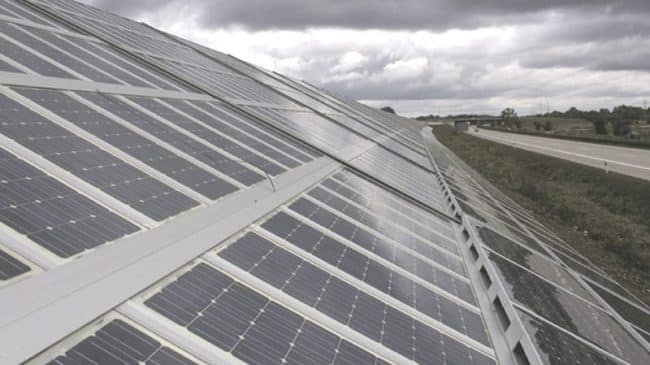On the November ballot in Florida is Amendment 1, a curious attempt to roll back the clock and let utilities ignore technological change. It is being sold as a bill to stop subsidizing of residential solar installations, but it is hard to see the actual subsidies, and it certainly reverts the state’s electricity system to one more centralized and less adaptive to the coming wave of technological changes. As Spence Purnell and I wrote in a column the Florida Business Observer:
Florida Power & Light’s website says that it buys excess solar from solar owners at below-retail prices, about 2-4 cents per kilowatt-hour, when retail (what we all pay for electricity) is about 11-12 cents per kWh. This hardly looks like a subsidy to solar owners. In fact, this means utilities are paying rock-bottom prices for excess solar energy and are selling it back to conventional electricity customers for many times more money — a great deal for the utilities. Yes there are costs to the utility from providing backup power and grid access to consumers with solar panels. But those costs are not a subsidy to solar,. They are cost of utilities adapting to changing technology.
The future of electricity is distributed and diverse generation, harnessing new generation technologies, but also new technologies in metering, electricity flow management, power storage and telecommunications. The kind of disruption that Uber brought to taxi markets is slowly but surely coming to electricity, though by different means. Utilities can either embrace this reality and start to find ways to reduce the costs of these kind of connections and transactions, or they can deny it and remain rooted firmly in the 1950s.
Amendment 1 would not just quash distributed use of solar power by homes and businesses, it would halt any progress toward embracing a more dynamic system of electricity generation and consumption.
It is past time state electricity regulations and policies start to embrace the evolution to a more flexible, decentralized and technology driven system and stop accepting attempts to deny the future and stick with the rigid monopolies of yesterday.

